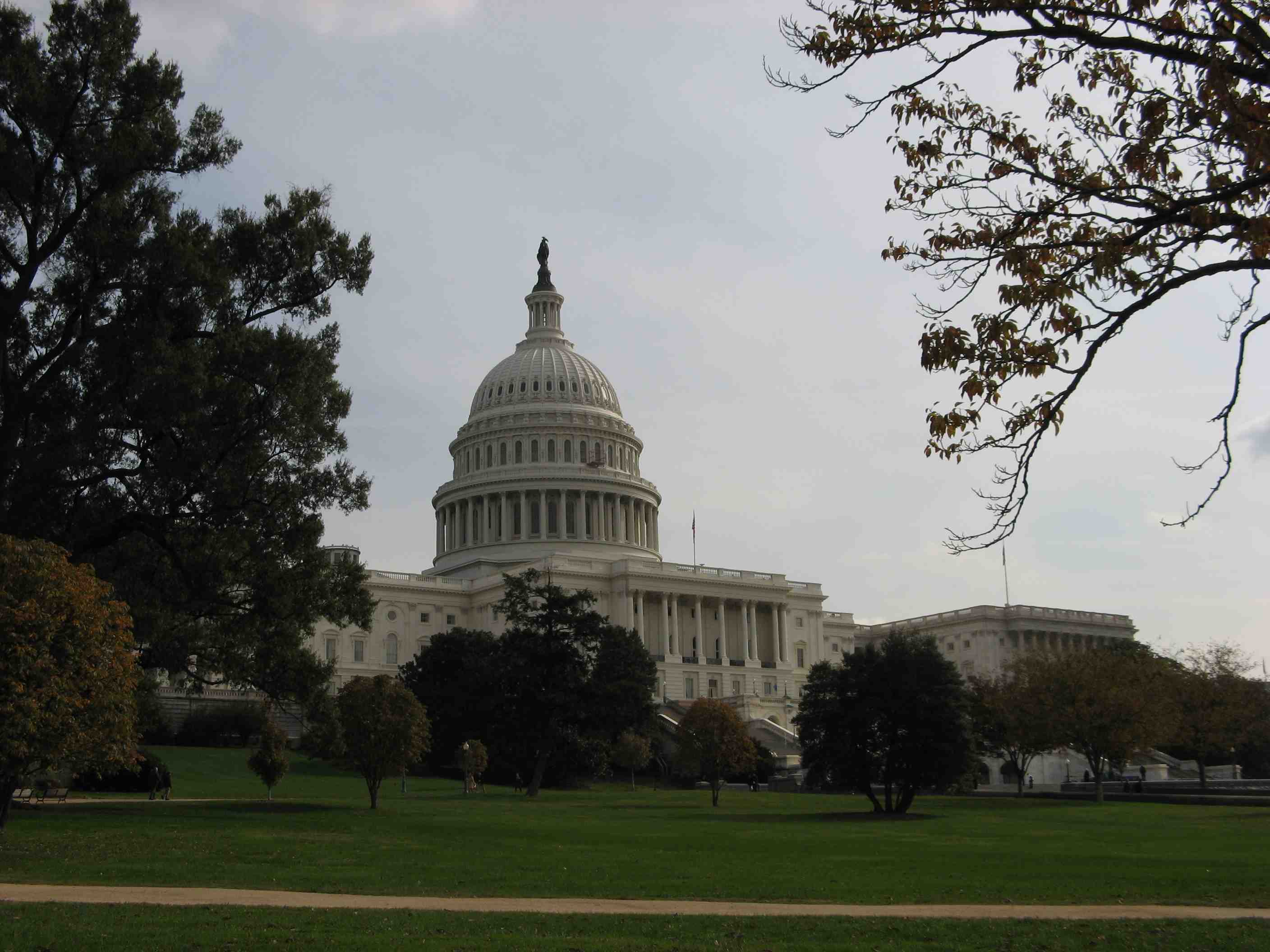A letter to a journalist at the St. Louis Post-Dispatch
Remember when you were a college student who had just decided to attend journalism school “to make a difference?” You wanted to change the world in a big way back then and the reasons were many. You wanted to become a proud member of the Fourth Estate. You understood that The Media had the power to change the world. You knew that the flow of accurate information was the pulsing blood of our democracy. Perhaps you were inspired by reading the platform Joseph Pulitzer wrote in 1907:
I know that my retirement will make no difference in its cardinal principles, that it will always fight for progress and reform, never tolerate injustice or corruption, always fight demagogues of all parties, never belong to any party, always oppose privileged classes and public plunderers, never lack sympathy with the poor, always remain devoted to the public welfare, never be satisfied with merely printing news, always be drastically independent, never be afraid to attack wrong, whether by predatory plutocracy or predatory poverty.
That was long ago, however, and you now realize you had those idealistic thoughts when you were young and naïve. Now you realize that we all need to make compromises in order to get paid. That’s why you are one of the proud creators of the various “Black Friday” articles in today’s St. Louis Post-Dispatch. Now that you are entrenched in a real job, you understand that working for The Media is all about printing the happy type of …



